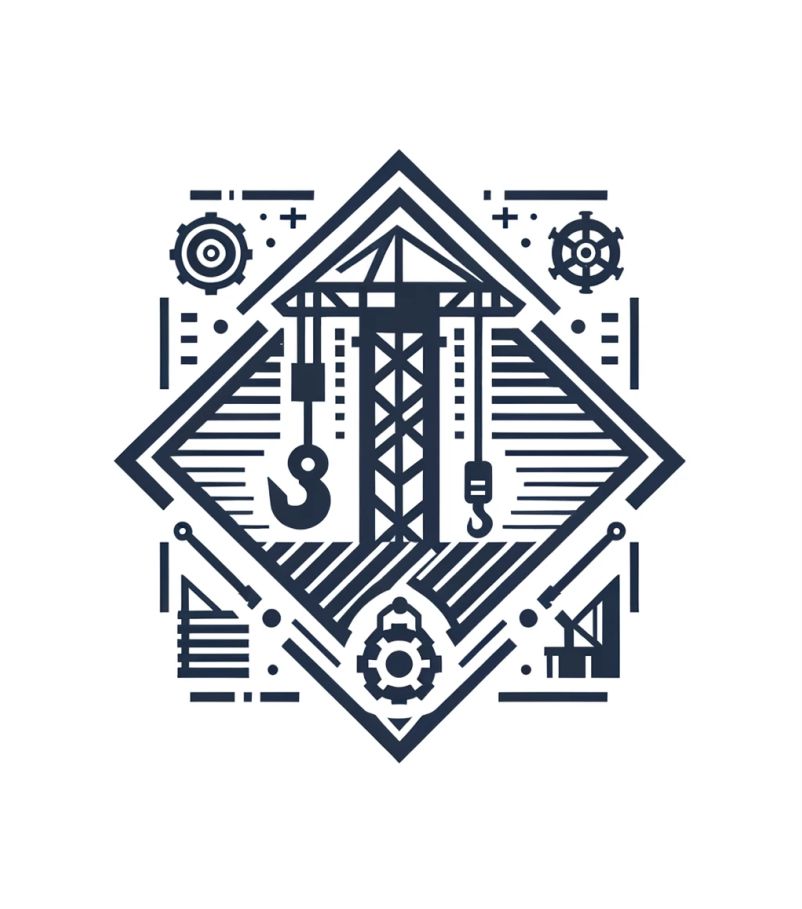
SAFETY
CRANE AND RIGGING SAFETY CERTIFICATION
Crane and rigging operations are critical components of many construction, manufacturing, and maritime projects, involving the lifting and moving of heavy loads. Given the inherent risks associated with these activities, including the potential for catastrophic accidents resulting in injury or death, crane and rigging safety certification is vital. This certification provides workers and supervisors with the knowledge and skills necessary to perform operations safely and efficiently. Below are several key benefits of obtaining crane and rigging safety certification:
Enhanced Safety and Reduced Accidents
The primary benefit of crane and rigging safety certification is the significant reduction in workplace accidents and injuries. The certification process teaches participants about safe rigging practices, crane operation, load dynamics, and the proper use of safety equipment. With this knowledge, certified individuals can identify potential hazards, perform critical lifts safely, and take preemptive actions to avoid accidents, thereby safeguarding themselves and their colleagues.
Compliance with Safety Standards and Regulations
Crane and rigging operations are subject to stringent safety regulations and standards, such as those enforced by the Occupational Safety and Health Administration (OSHA) in the United States and similar bodies worldwide. Crane and rigging safety certification ensures that workers and companies comply with these regulations, helping to avoid legal penalties, fines, and operational disruptions. Compliance is not only a legal obligation but also a demonstration of a company’s commitment to maintaining a safe working environment.
Improved Efficiency and Productivity
Knowledge and adherence to best practices in crane and rigging operations, as taught in safety certification courses, lead to more efficient and productive work processes. Certified individuals understand how to plan lifts correctly, choose the appropriate equipment for the job, and execute operations with precision. This efficiency minimizes downtime caused by accidents or equipment misuse, thereby enhancing overall project timelines and productivity.
Insurance and Liability Benefits
Companies that invest in crane and rigging safety certification for their employees can often benefit from lower insurance premiums. Insurance providers typically recognize the reduced risk of accidents and damages associated with having a certified workforce. Additionally, in the event of an incident, having a team of certified professionals can demonstrate due diligence and compliance with safety standards, potentially reducing liability and legal consequences.
Fostering a Culture of Safety
Crane and rigging safety certification contributes to the development of a strong safety culture within an organization. When employees undergo rigorous safety training, it underscores the company’s commitment to safety as a priority. This culture of safety promotes an environment where employees feel valued and responsible for their safety and that of their colleagues, leading to more vigilant and conscientious work practices.
In summary, crane and rigging safety certification offers comprehensive benefits, from enhancing personal and workplace safety to ensuring regulatory compliance and improving operational efficiency. It also supports professional development, offers financial advantages through insurance and liability, and contributes to fostering a strong safety culture. For industries reliant on crane and rigging operations, such certification is indispensable for the well-being of workers and the success of projects.
CERTIFICATIONS & ACCREDITATIONS
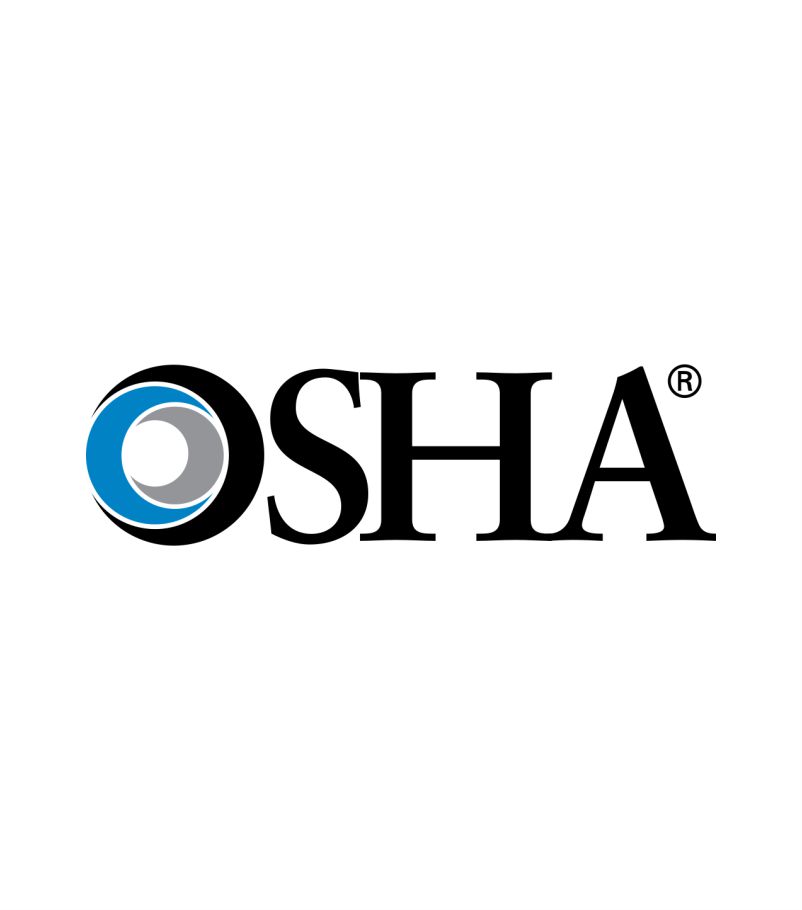
OSHA CERTIFICATIONS
All Bottomland staff have OSHA 10 Training and all managers have OSHA 510 Training in order to provide our clients with the most qualified and trained staff to meet their needs effectively, efficiently, and safely. OSHA training offers a multitude of benefits, paramount among them being the significant enhancement of workplace safety and health. By equipping employees with the knowledge and skills to identify, reduce, and prevent job-related hazards, it not only minimizes the risk of accidents and injuries but also fosters a culture of safety that extends beyond the individual to the entire organization. This training ensures compliance with federal regulations, reducing legal liabilities and potentially costly fines for employers. Moreover, it boosts employee morale and productivity by demonstrating a commitment to their well-being. Ultimately, OSHA training is an investment in a safer, more efficient, and more responsible workplace.
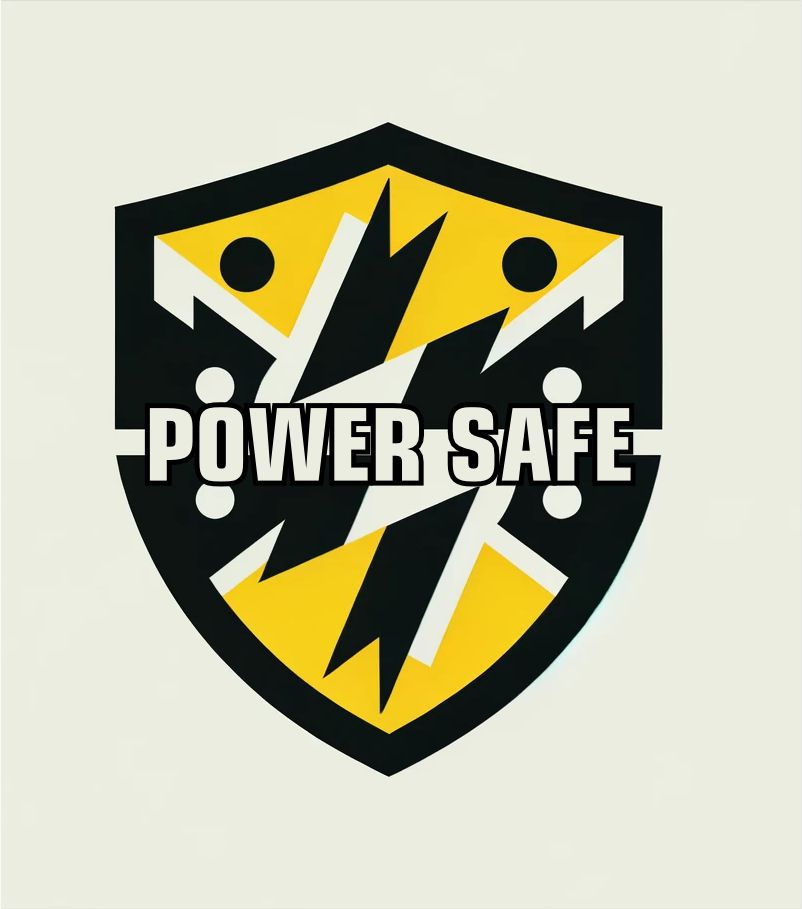
POWER SAFE CERTIFIED
The Power Safe program, often implemented across various industries, including construction, manufacturing, and utility sectors, is designed to promote safety best practices, awareness, and compliance when working with or around electrical equipment and high-voltage power sources. This program typically encompasses training sessions, safety protocols, and continuous education to minimize the risks associated with electrical work.
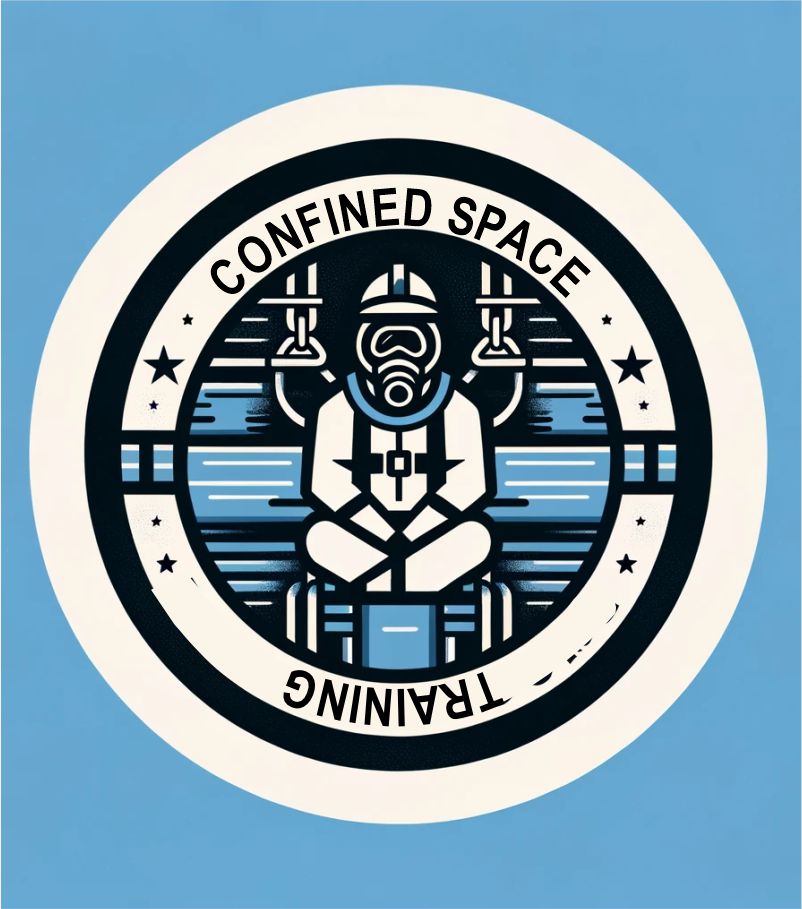
CONFINED SPACE TRAINING
Confined space training is essential for workers who operate in environments that are not designed for continuous occupancy and have limited entry or exit points, such as tanks, silos, pits, manholes, and tunnels. These environments often present unique and potentially hazardous conditions that can pose serious risks to health and safety. Confined space training equips workers, supervisors, and rescue personnel with the knowledge and skills necessary to safely enter, work in, and exit these spaces.
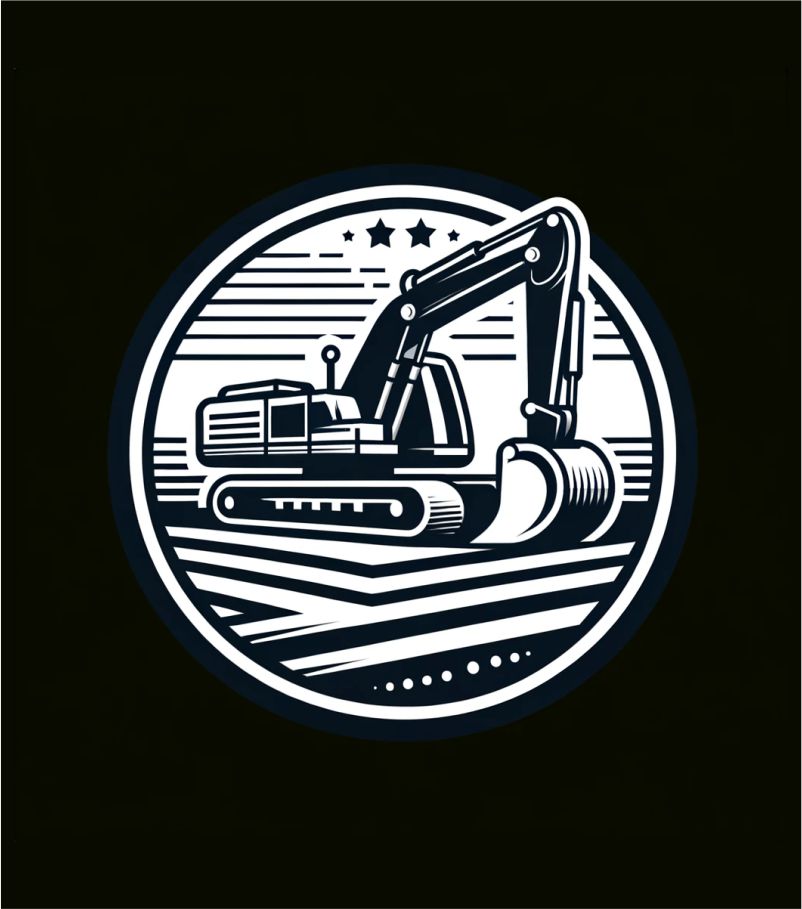
TRENCHING AND EXCAVATION SAFETY CERTIFICATION
Trenching and excavating are among the most hazardous operations in the construction and utility sectors, posing significant risks due to cave-ins, falls, and encounters with underground utilities. A Trenching and Excavating Safety Certification is designed to educate participants on the best practices, safety measures, and regulations necessary to minimize these risks. This certification offers numerous benefits, not only enhancing the safety and efficiency of operations but also ensuring compliance with legal and regulatory requirements.

CRANE AND RIGGING SAFETY CERTIFICATION
Crane and rigging operations are critical components of many construction, manufacturing, and maritime projects, involving the lifting and moving of heavy loads. Given the inherent risks associated with these activities, including the potential for catastrophic accidents resulting in injury or death, crane and rigging safety certification is vital. This certification provides workers and supervisors with the knowledge and skills necessary to perform operations safely and efficiently.
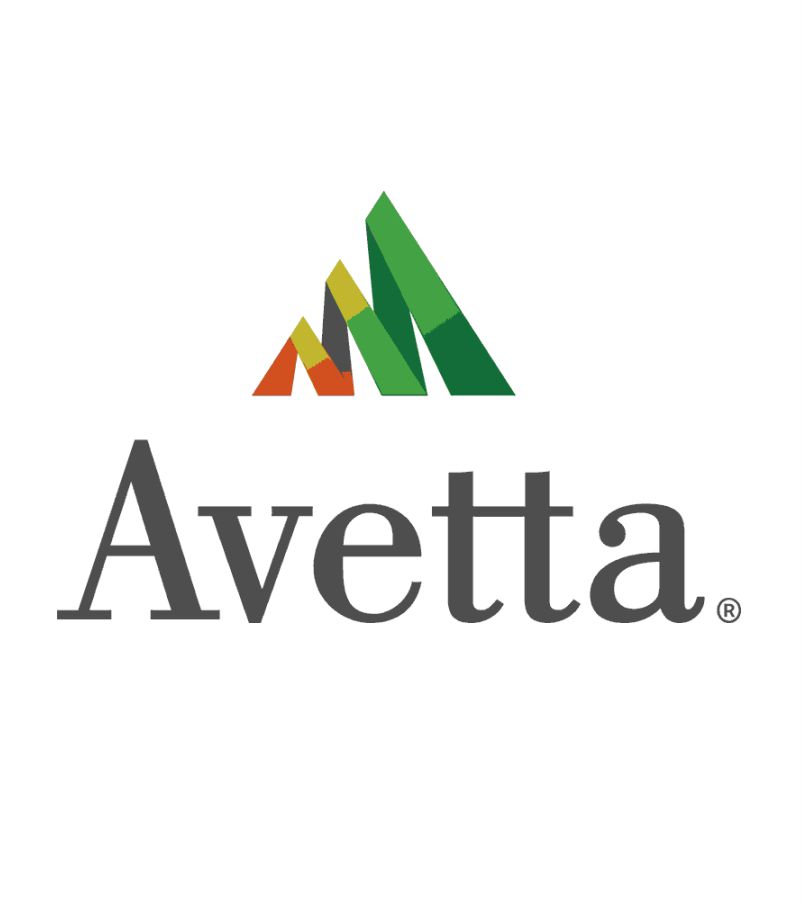
AVETTA ACCREDITATION
Avetta certification represents a significant achievement for businesses operating in various industries, particularly those involved in construction, manufacturing, energy, and supply chain operations. Avetta is a supply chain risk management service that evaluates companies on their health, safety, environmental, and quality (HSEQ) procedures, ensuring they meet specific standards and regulations. Being Avetta certified offers several benefits that can enhance a company's reputation, operational efficiency, and competitive edge.
